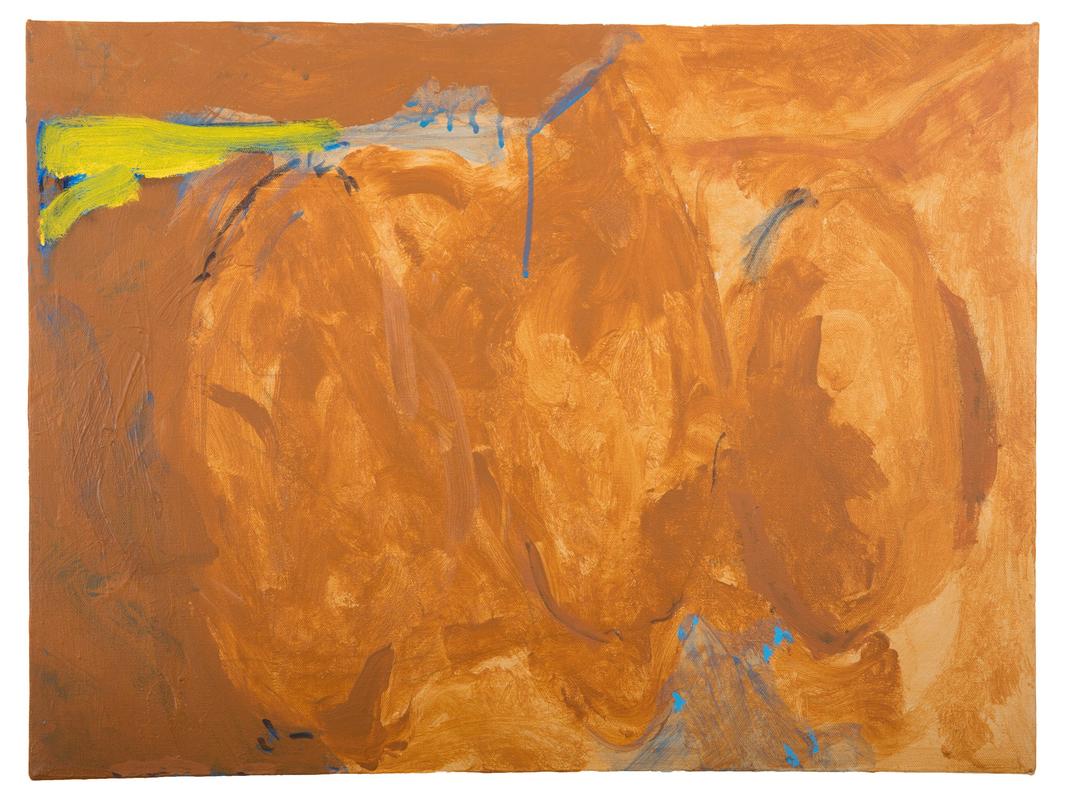Robert Motherwell's The Hollow Men series, emerging in the 1980s, represents a profound exploration within the artist's oeuvre, drawing its name from T.S. Eliot's poem. This series underscores Motherwell's deep engagement with abstract expressionism, marked by his characteristic use of bold forms and dramatic contrasts. The series is noted for its inclusion in various exhibitions, indicating its significance within Motherwell's body of work (The Dedalus Foundation) (Jerald Melberg).
Motherwell, born in 1915, was a pivotal figure in the abstract expressionist movement, a group that shifted the center of the art world from Paris to New York post-World War II. His work is recognized for its innovation in both painting and printmaking, distinguishing him among his contemporaries for his contributions across different mediums (Jerald Melberg).
The Hollow Men series reflects Motherwell's continued experimentation with abstraction in the later stages of his career. He was known for series that engaged with a range of themes—from political to personal—and The Hollow Men likely continued this trend, blending his interest in literature with his abstract visual language. Unfortunately, specific details about the inspiration or thematic focus of The Hollow Men series, beyond its literary title reference, were not explicitly detailed in the provided sources.
Motherwell's broader work, including this series, played a critical role in the evolution of abstract expressionism. His career spanned several decades, during which he received nearly every honor available to an artist, underscoring his lasting impact on the art world (Jerald Melberg).


